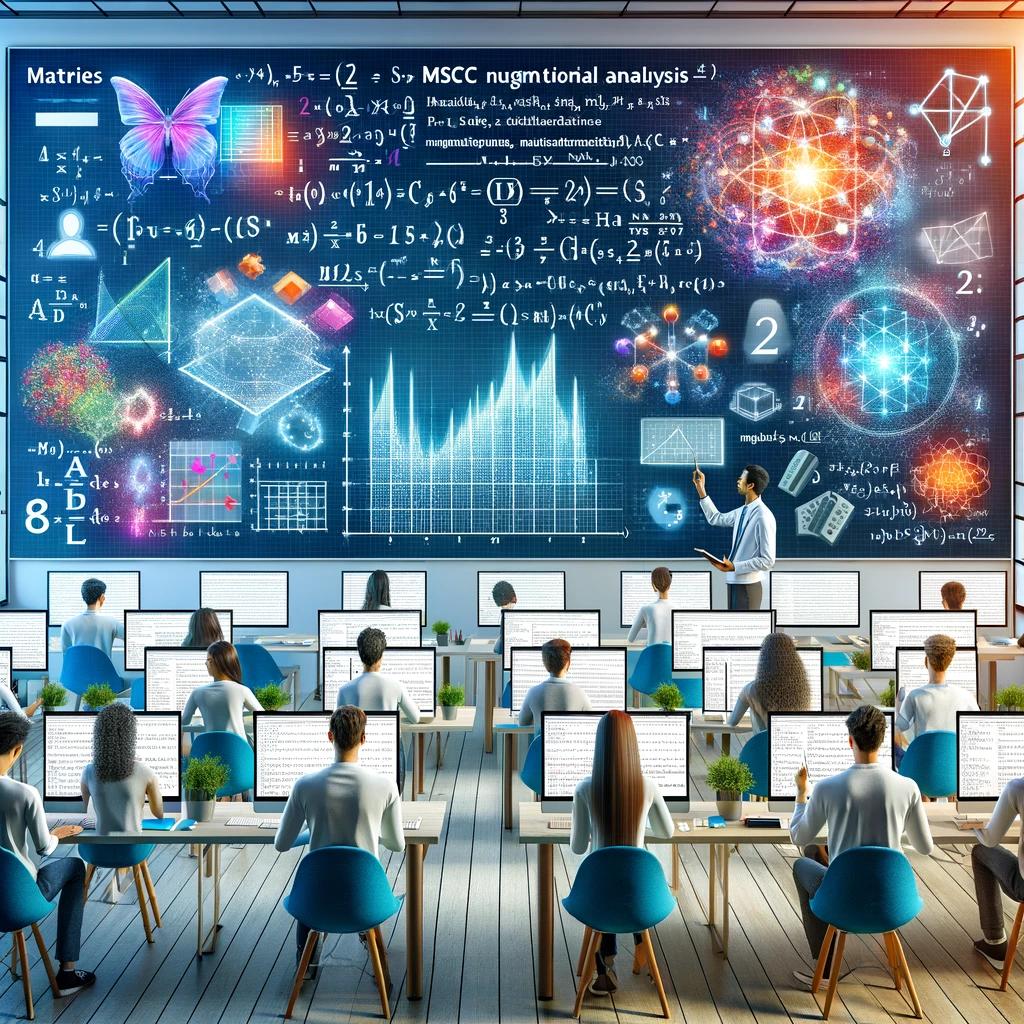
This module introduces key aspects of mathematics and statistics for data science and artificial intelligence. The central consideration of this module is the need to be aware of, and be able to critically evaluate, the range of mathematical and statistical methodology seen in both disciplines, and to build a foundation for analysing and solving problems in both disciplines.
Learning Outcomes
- Systematic understanding of the key mathematical and statistical concepts and techniques which underpin mechanisms in Data Science and AI.
- Apply mathematical and statistical methods in these fields to help in the decision-making process.
- Critically evaluate the use of statistical analysis and the numeric interpretation of results as aids in the decision-making process.
- Critically appraise and present results of a statistical analysis to a diverse audience.
Artefacts and Feedback
- Collaborative Discussion 1 Summary:This assignment required peer collaboration and visual improvement of a dataset. Unfortunately, I was the only one who submitted on time. Despite this, I challenged myself to improve the data visualisations from the original, which I believe I achieved.
- Mathematics Test: Achieved a strong score of 94%. Success was supported by consistent seminar attendance, practice with example questions, and active engagement in the lead-up to the test. These efforts helped consolidate my statistical foundation for later tasks.
- Statistical Analysis Presentation (EOMA): The EOMA required the statistical analysis of a dataset using R and communicating the findings in a slideshow with audio. The task challenged my presentation and scripting skills, encouraging me to develop a clear narrative and visual support for my findings.
- Reflective piece: A full reflection based on Gibbs’ Reflective Cycle was completed. This helped consolidate lessons from the module and articulate the evolution of my skills, particularly around resilience, technical growth, and professional development.
Feedback: Due to limited participation, I received little to no peer feedback. This limited my reflection opportunities, but it did reinforce my ability to work independently and produce high-quality visual outputs..
Feedback: Seminar discussions and practice sessions significantly boosted confidence. Reinforcement through group explanation sessions proved especially effective in retaining methods.
Feedback: Though initially outside my comfort zone, this task improved my ability to communicate data insights clearly and concisely. I became more confident in scripting and presenting technical findings for academic audiences.
Feedback: The reflective process helped me become more self-aware of how I learn, my preferred tools, and how to tackle discomfort when doing unfamiliar tasks.
Reflections and Meeting Notes
- Collaborative Discussion 1 Summary: I found the lack of collaboration a significant challenge but took it as an opportunity to demonstrate self-motivation. I was still able to reflect on my own decision-making and produce visualisations independently. This taught me to take initiative when teamwork structures break down.
- Mathematics Test: I felt well-prepared and confident going into the test thanks to repeated exposure to the material and seminar discussions. It affirmed that my learning strategies (practice and participation) are effective.
- Statistical Analysis Presentation: I found creating a narrated slideshow to be outside my typical skillset. However, it pushed me to engage more deeply with my findings and communicate them clearly. The discomfort evolved into satisfaction upon completion, showing that growth often comes from challenge.
- Reflective piece: Through structured reflection, I came to appreciate how my skills and mindset evolved. Initially hesitant about collaborative work and multimedia presentations, I ended up more confident in both. This reflection helped bring clarity to how each task developed my technical and soft skills.
Professional Skills Matrix learnt and Action Plan
Skills Gained or Enhanced:
- Statistical Analysis in R: Mastery of dplyr, ggplot2, shiny, and troubleshooting tools.
- Presentation and Communication: Developed scripting and delivery of narrated data stories.
- Resilience and Independence: Tackled tasks solo when collaboration was limited.
- Problem-Solving with Tools: Resolved Jupyter issues by shifting to Colab.
- Reflection and Critical Thinking: Used Gibbs' Cycle to assess and enhance learning.
Action Plan:
- Seek more peer interaction: Increase forum and chat engagement.
- Improve presentation confidence: Practice storytelling and delivery techniques.
- Expand visualisation skills: Participate in projects and challenges like TidyTuesday.
- Deepen statistical knowledge: Explore regression, modelling, and advanced analytics.
- Continue using Colab: Maintain a streamlined and error-free R environment.